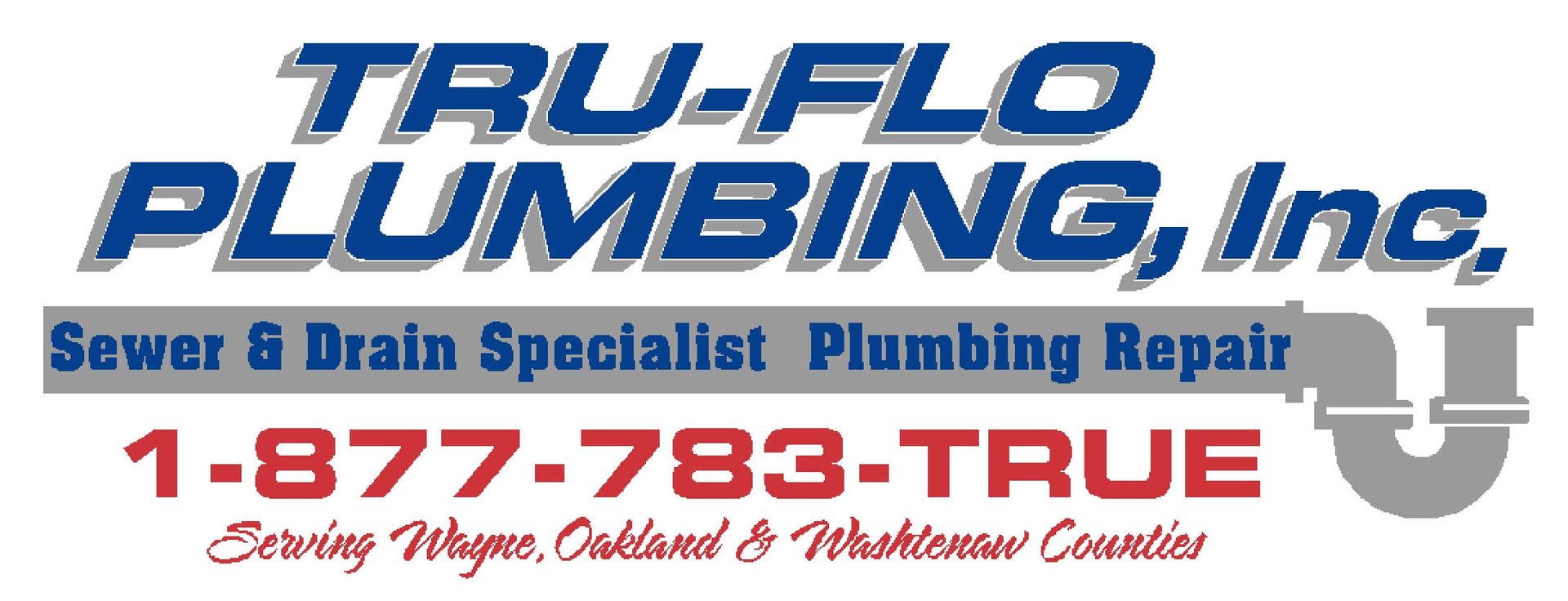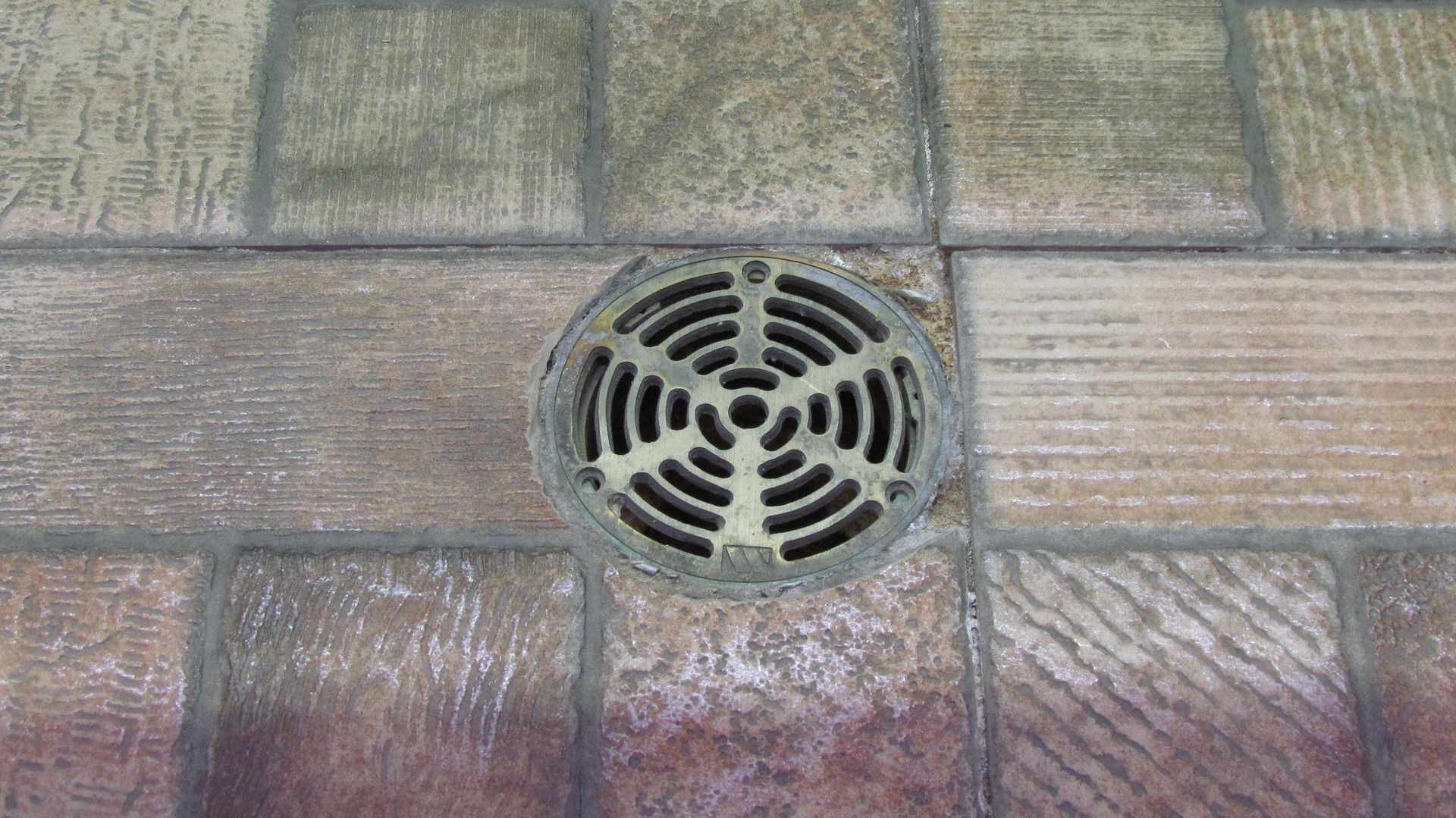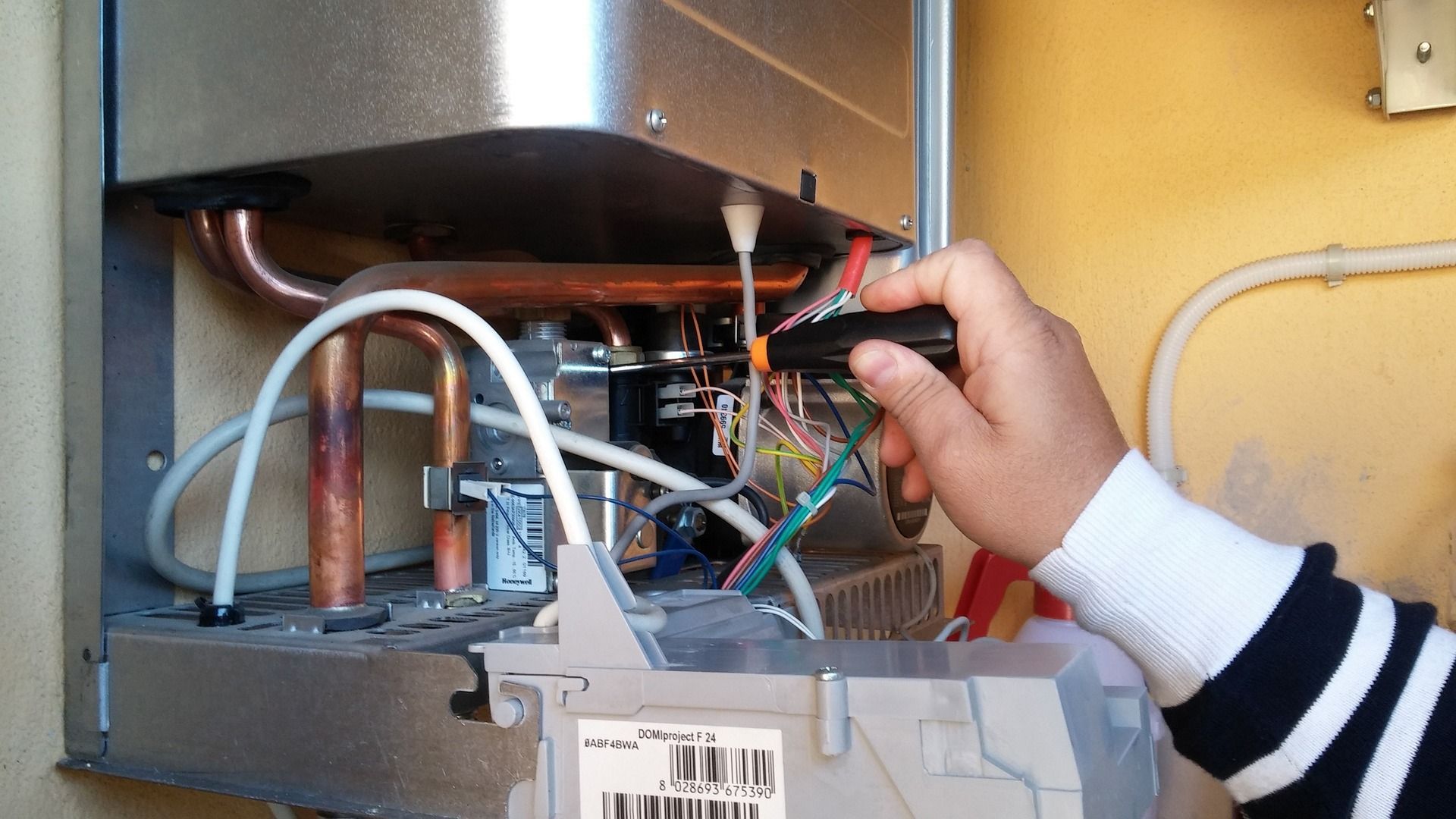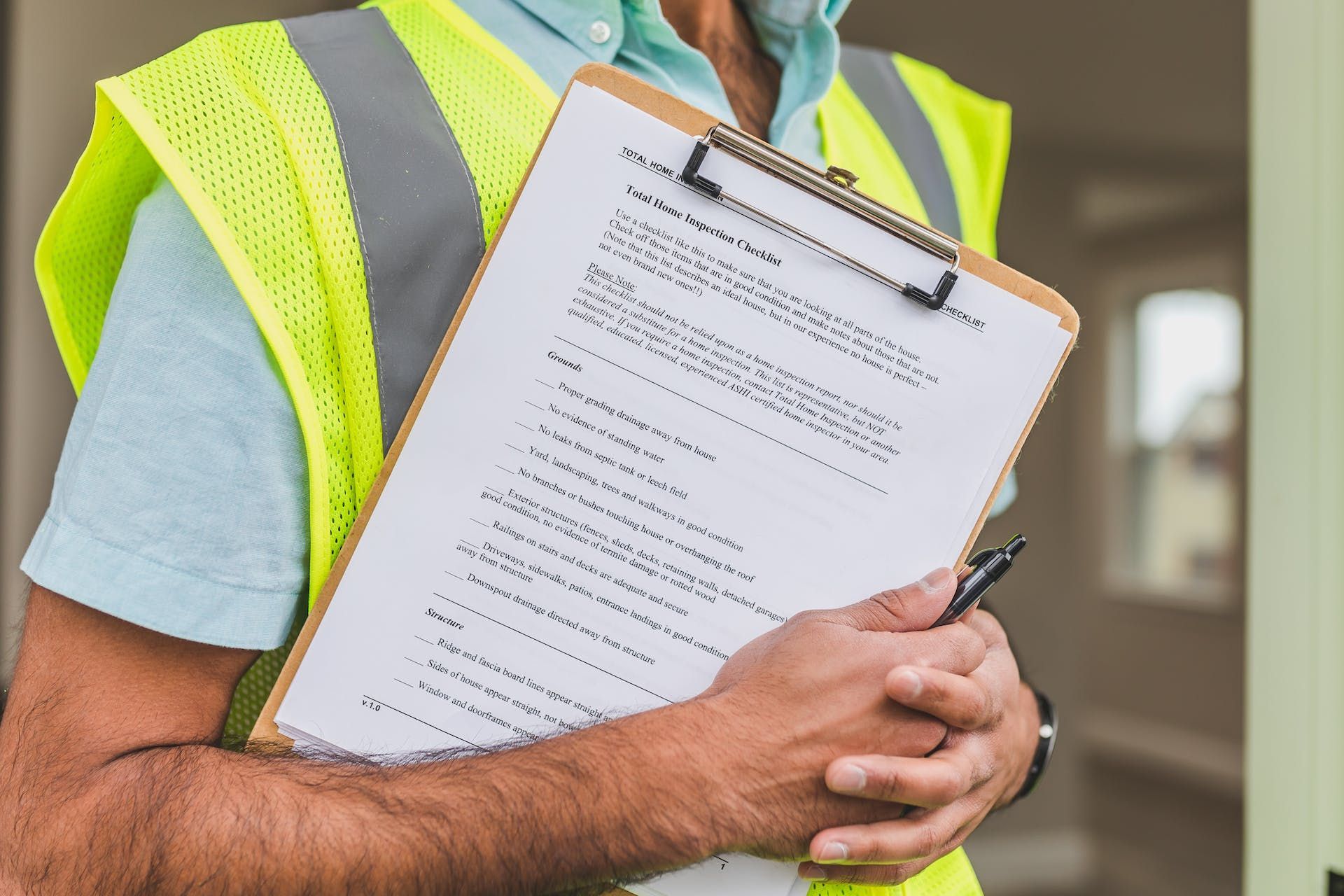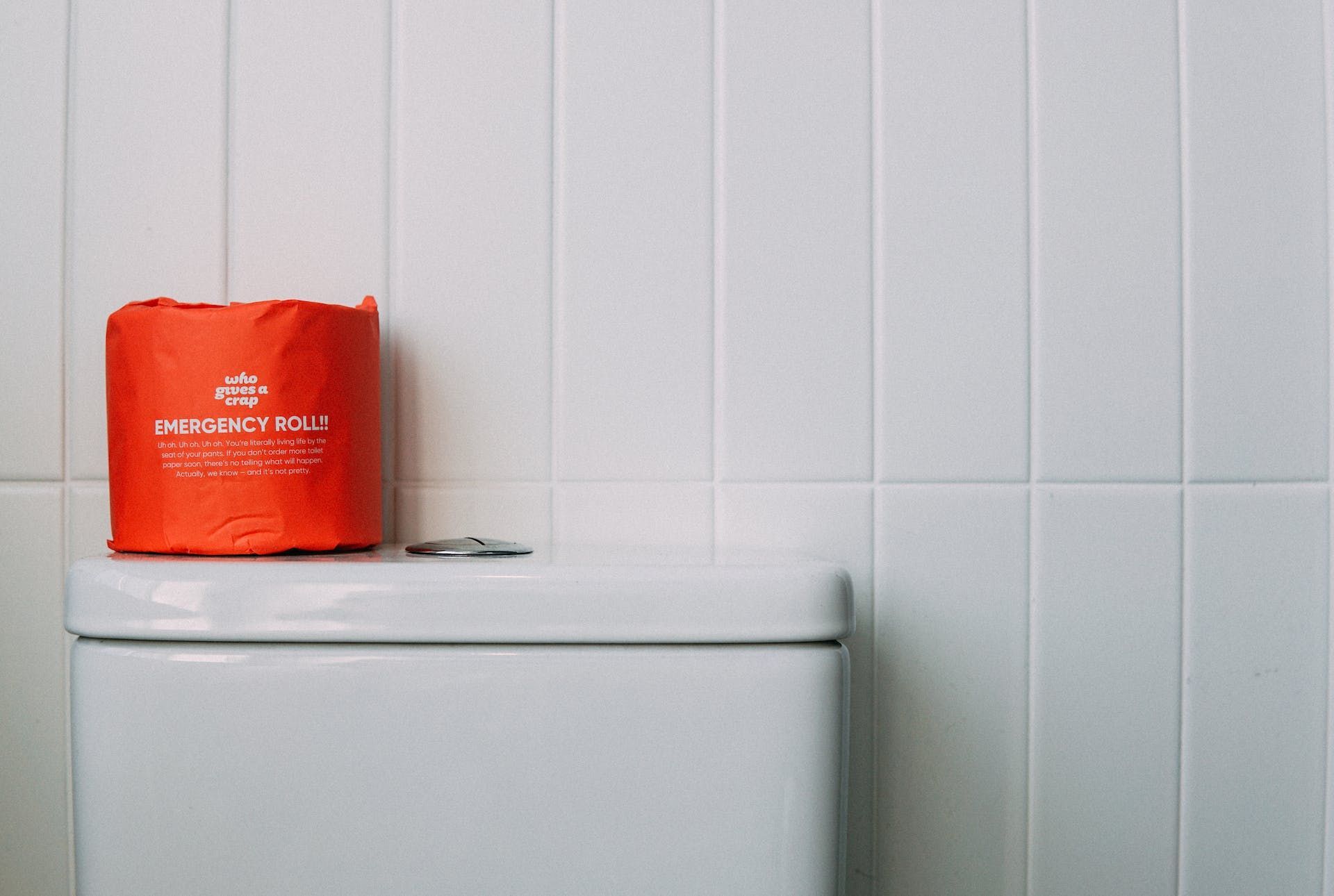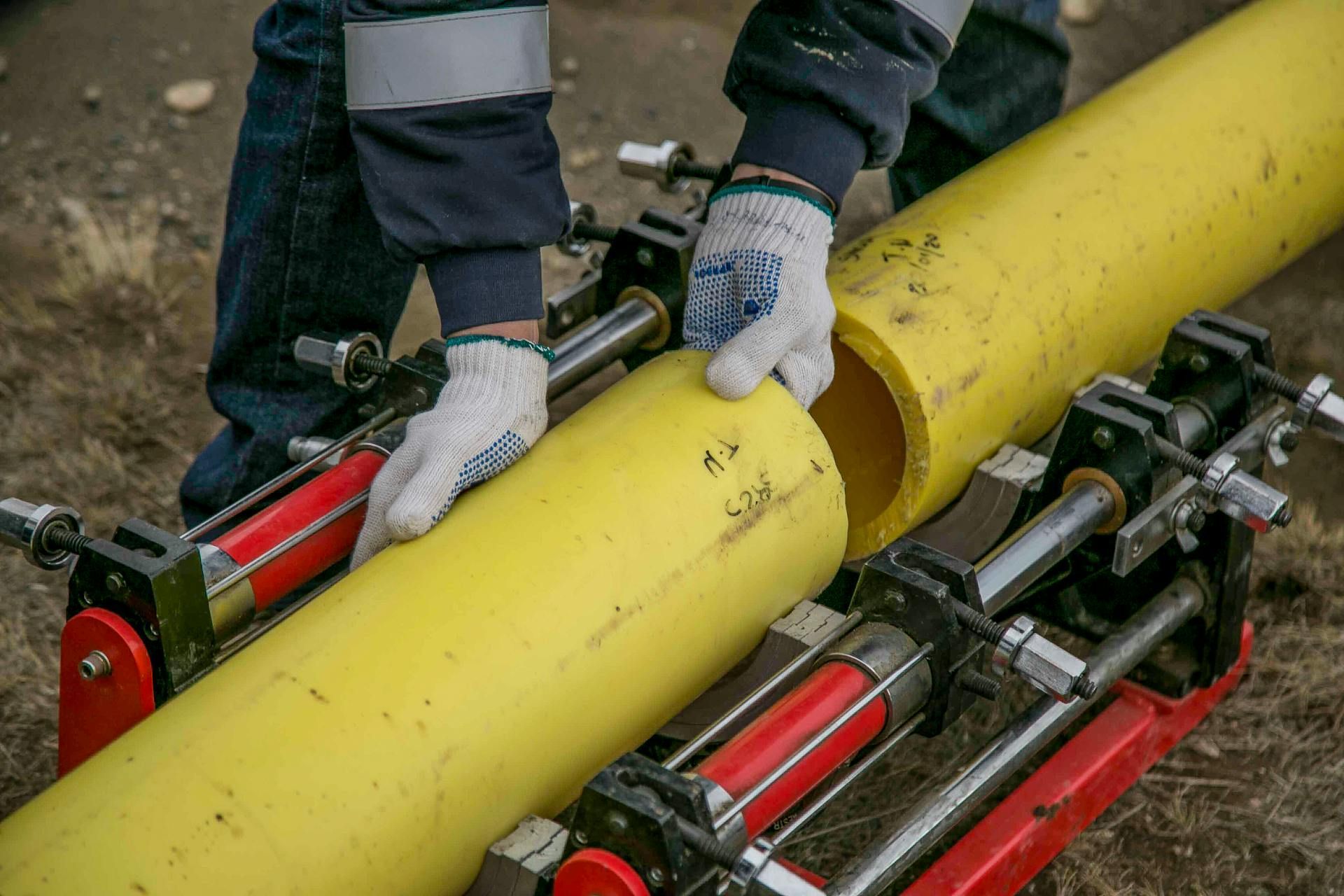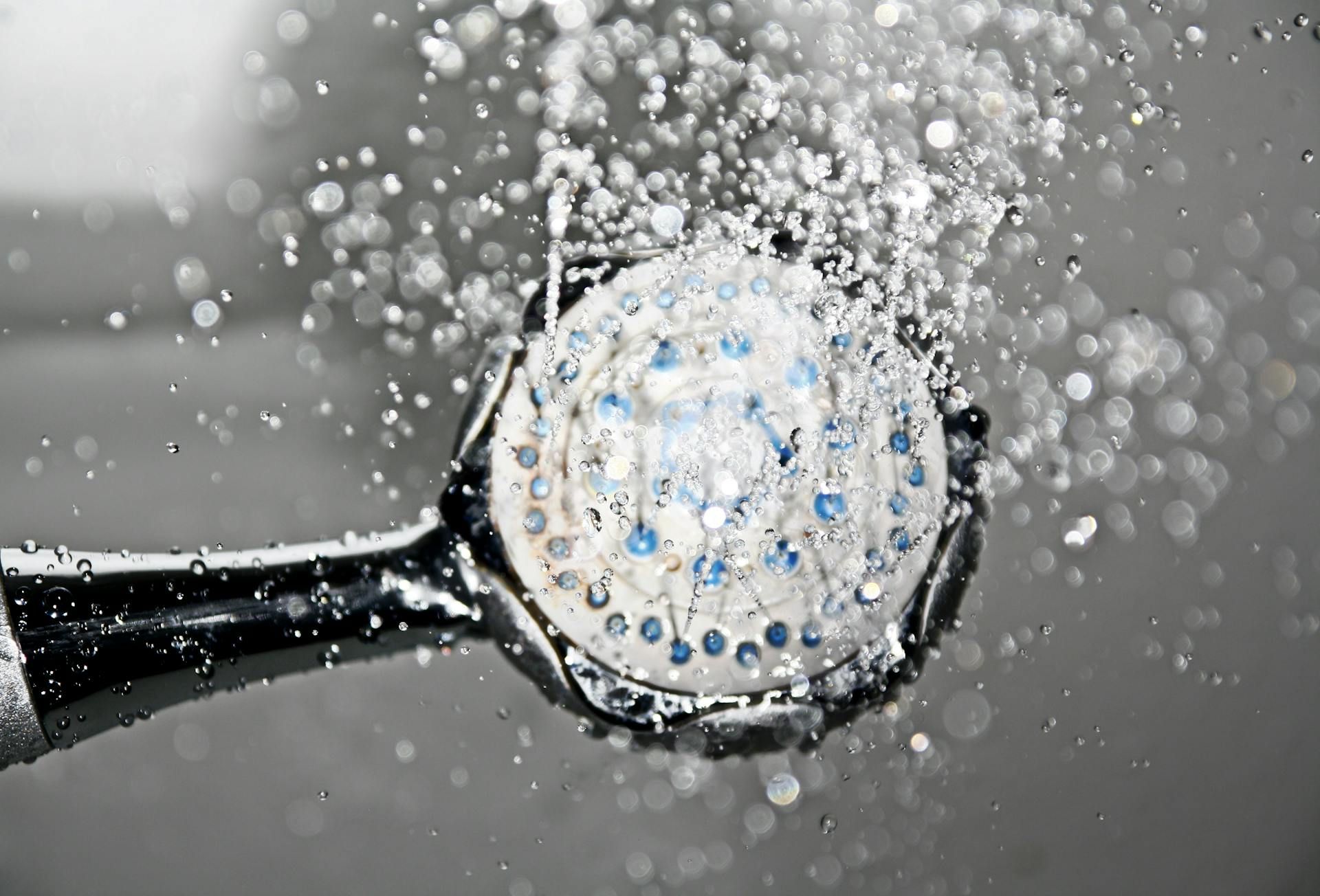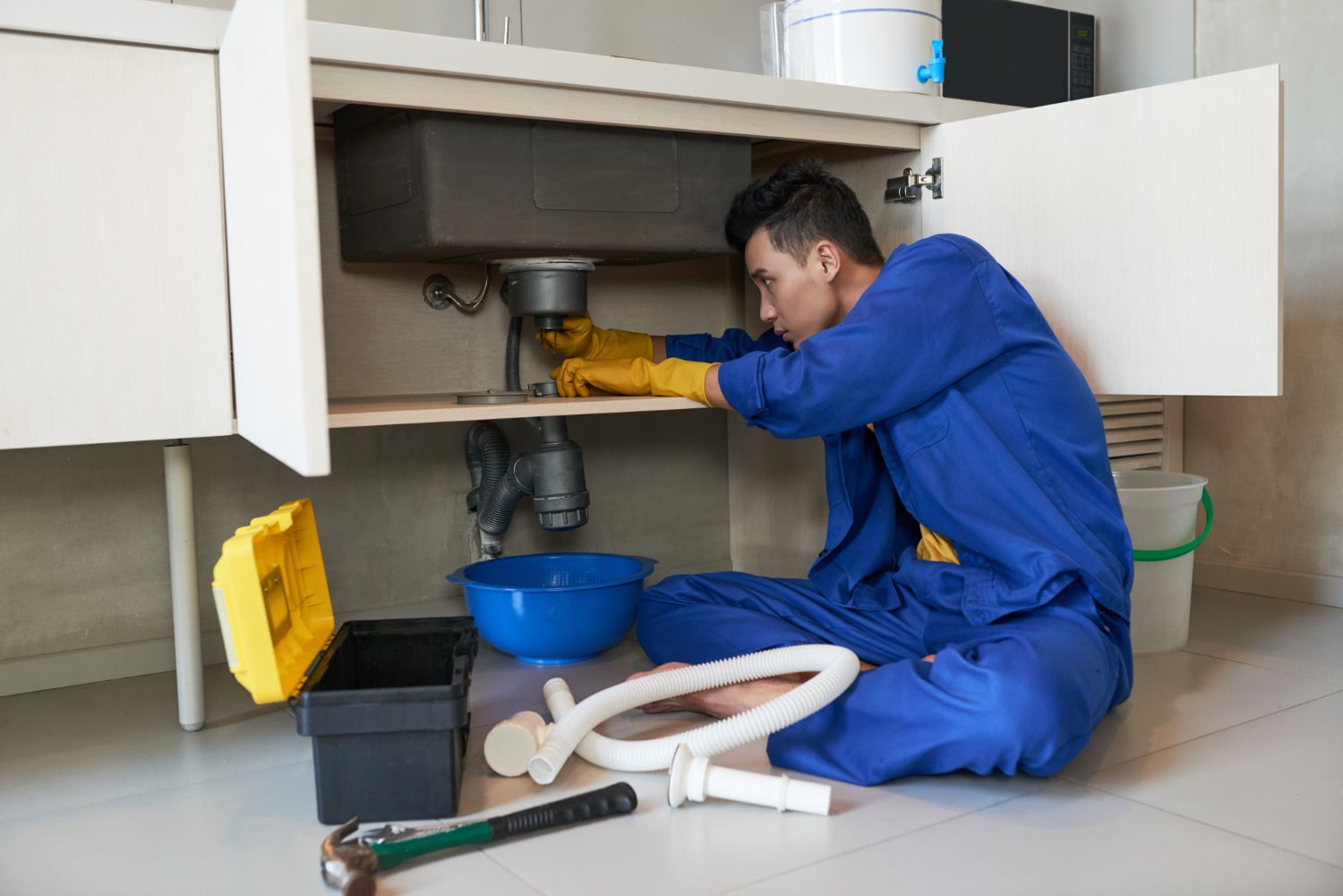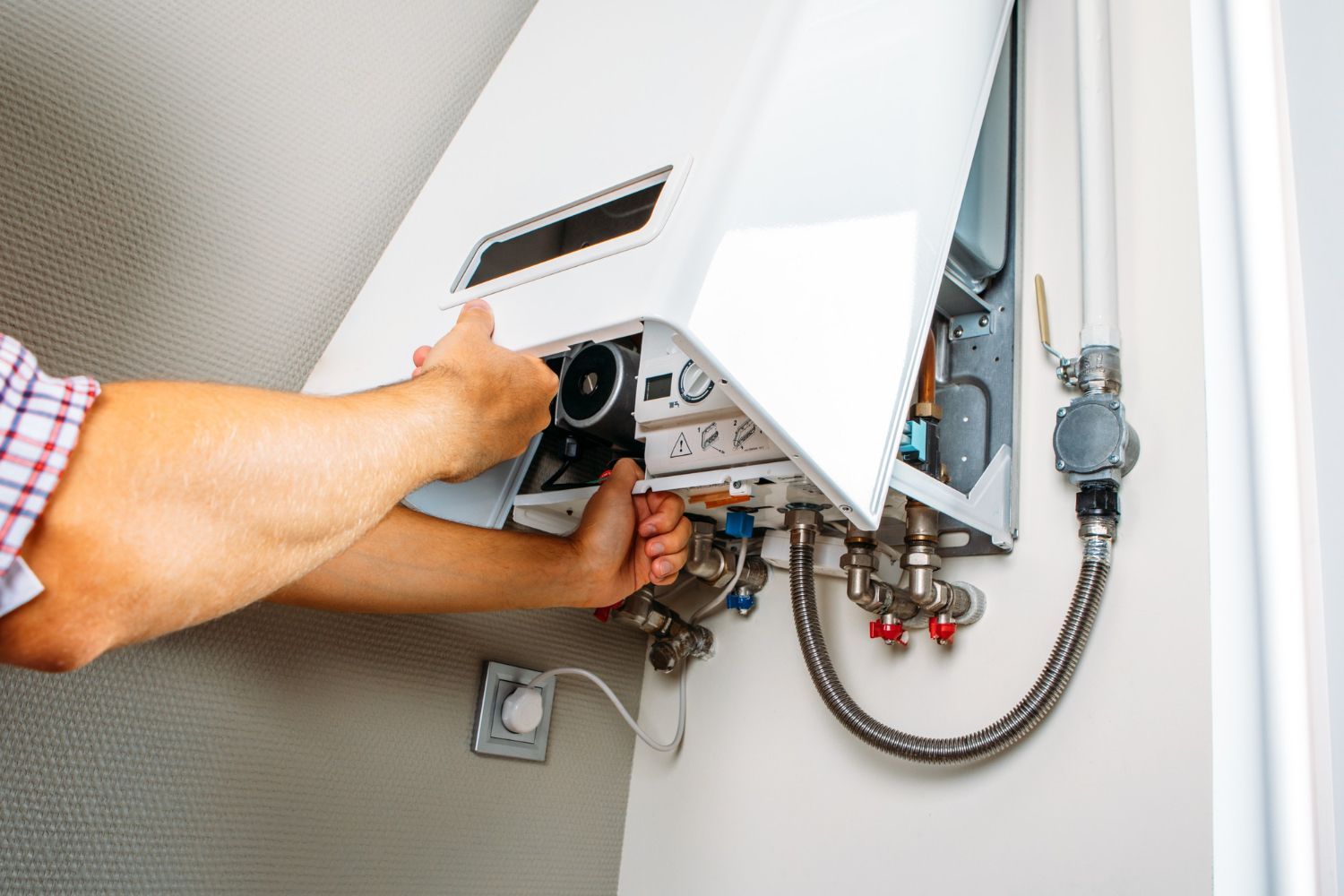What Causes Sewer Backup and How to deal with it?
When it comes to household plumbing issues, few things are as dreaded as a sewer backup. The thought of raw sewage flowing back into your home is enough to make anyone cringe. Not only is it unsanitary and foul-smelling, but it can also cause significant damage to your property and pose health risks to you and your family. Unraveling the causes behind sewer backups is crucial for preventing these plumbing nightmares.
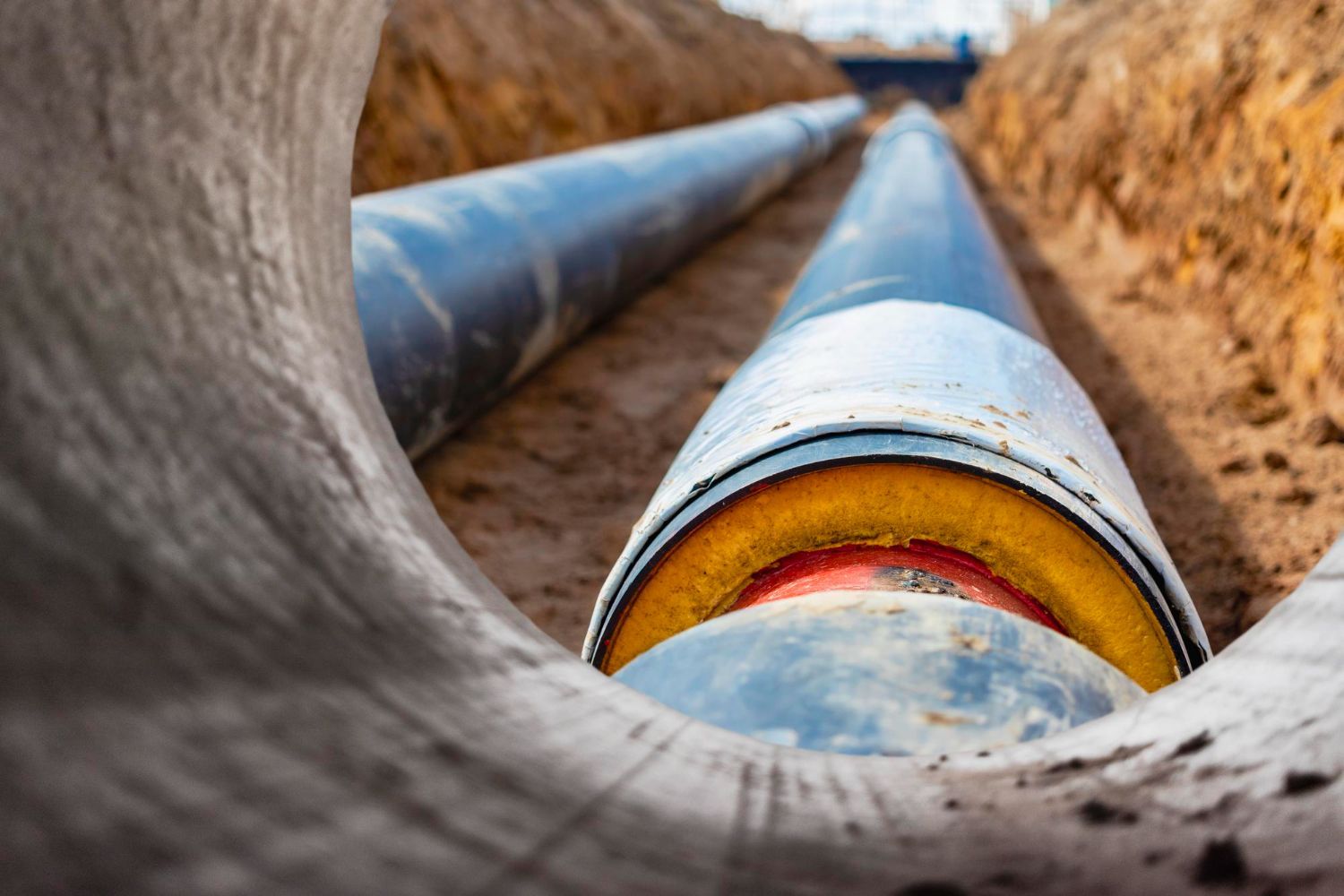
What Are the Sewer Line
A sewer line, in simple terms, is an underground pipe that carries wastewater and sewage away from buildings and homes. It is part of a larger network of sewer pipes, collectively known as the sewer system. This network is designed to transport the waste and wastewater to a treatment facility where it can be appropriately treated and disposed of.
Signs of a Sewage Backup
1. Drains and toilets are slow to empty: One of the first indications that you might be dealing with a sewage backup is when the drains in your home, including sinks, showers, and toilets, start to empty slower than usual. This is because the flow of wastewater is obstructed, and the sewer lines are likely to blame for the problem.
2. Strange gurgling sounds: If you hear unusual sounds coming from your drains or toilets, such as gurgling or bubbling noises, it's a clear indication that something is wrong with your sewage system. These sounds occur when air gets trapped in the plumbing system due to clogs or blockages, causing wastewater to flow back up the pipes.
3. Foul odors: A sewage backup always comes with a distinctive, unpleasant smell. If you notice persistent sewer-like odors inside or outside your home, it's a sign that raw sewage is either leaking or accumulating in your pipes. The smell can be particularly strong near drains or in your basement.
4. Multiple fixtures are affected: Another warning sign is when more than one plumbing fixture in your home is affected simultaneously. For example, if you flush a toilet and water comes up through another drain, or if water backs up in the shower when you run the dishwasher, it indicates a blockage further down the sewer line causing sewage to back up into multiple pipes.
5. Wet spots or pooling water: Sewage backups may result in water accumulating in unexpected places. Keep an eye out for wet spots in your yard, sewage seeping out from the ground, or standing water around floor drains or in the basement. These are all indications of a sewage problem that should be addressed promptly.
6. Sewage backup in basement or lowest fixtures: Since basements are typically located at the lowest point of a property, signs of a sewage backup often become evident there first. If you notice wastewater backing up through floor drains or toilets in your basement, it is a clear indication that a backup is occurring somewhere in your sewer line.
So, what causes sewer backup and how can you deal with it effectively?
Let's find out.
Tree Roots Intrusion
The beauty and shade that trees bring to our yards hide a potential threat to our sewer lines. Over time, tree roots can creep into underground pipes through small cracks or joints, searching for water and nutrients. As the roots grow and expand, they create blockages and hinder proper sewage flow, leading to backups. Regular maintenance, such as tree planting away from utility lines and routine inspections, can prevent these obstructions.
Aging or Damaged Pipes
Just like any other infrastructure, sewer pipes have a lifespan, and with time, they can deteriorate or get damaged. Corrosion caused by chemical reactions within the pipes or external factors like shifting soil, extreme temperatures, and ground movement can lead to fractures and leaks. Blockages accumulate faster in weakened pipes, increasing the chances of backups occurring. Replacing old or damaged pipes through regular maintenance or professional inspections can save you from these situations.
Flushing Inappropriate Items
Your toilet was designed to dispose of human waste and toilet paper, with everything else posing a risk to your plumbing system. Flushing inappropriate items such as baby wipes, feminine hygiene products, paper towels, or personal care items down the toilet increases the likelihood of clogs forming. These objects do not dissolve easily and can accumulate over time, restricting the flow and causing backups. Educating household members and guests about proper waste disposal can help avoid this issue.
Grease Accumulation
Pouring cooking oil and grease down the drain may seem convenient, but it can become a recipe for disaster. As grease cools down, it solidifies and clings to the inner lining of pipes. Over time, this buildup restricts the flow of wastewater, leading to clogs and backups. Proper grease disposal, such as keeping a designated container for grease and disposing of it in the trash, can prevent blockages in your sewer lines.
Heavy Rain or Flooding
In regions prone to heavy rainfall, sewer backups become more frequent and severe. The excessive amount of water can overwhelm the sewer system's capacity, causing sewage to back up into homes. Additionally, flooded basements can create stress on the drainage system, leading to water infiltration and backups. Installing a backwater prevention valve or a sump pump can help mitigate the impact of heavy rain or flooding events.
Regardless of the cause, dealing with a sewer backup is critical to prevent further damage and restore your home's plumbing system.
What to Do If You Have a Sewage Backup
1. Call a professional plumber: Dealing with a sewer backup is not a DIY task. It requires the expertise of a licensed plumber who can assess the situation and provide the necessary repairs. A plumber will inspect the extent of the backup, identify the cause, and formulate the best course of action. Contact Tru Flo Plumbing, a local plumber you can count on.
2. Avoid using water: To prevent the backup from worsening, minimize the use of water in your home. This means refraining from flushing toilets, running sinks, or using appliances like dishwashers and washing machines until the issue is resolved.
3. Check for blockages in your home: While you wait for the plumber to arrive, inspect your drains to see if there are any blockages that may have caused the backup. It is advisable to wear gloves and use a flashlight for this task. If you notice any obvious blockages that you can safely remove, do so cautiously.
4. Take precautionary measures: Sewage backup can be dangerous, so it's essential to take precautions to protect your health. Ensure you and your family members avoid contact with the sewage water, as it contains harmful bacteria and pathogens. Open windows or use fans to ventilate the affected area and wear protective gear if necessary.
5. Be proactive in the future: Once the issue is resolved, it's crucial to take preventive measures to avoid future sewer backups. Regular maintenance of your plumbing system, including cleaning drains and pipes, can help prevent blockages. Avoid flushing foreign objects down the toilet or pouring grease and fat down the drains. Additionally, consider installing backwater valves or check valves in your sewer lines to prevent any reverse flow.
Takeaway
Understanding the causes behind sewer backups empowers homeowners to take preventive actions and avoid costly plumbing disasters. Dealing with a sewer backup is undoubtedly a stressful experience, but by taking prompt action and seeking professional help, you can minimize the damage and
restore your plumbing system efficiently.
Address: 3215 Dix Hwy, Lincoln Park, MI 48146 | Phone: 1-877-783-TRUE (8783)
Copyright © 2023 Tru-Flo Plumbing, All Rights Reserved
